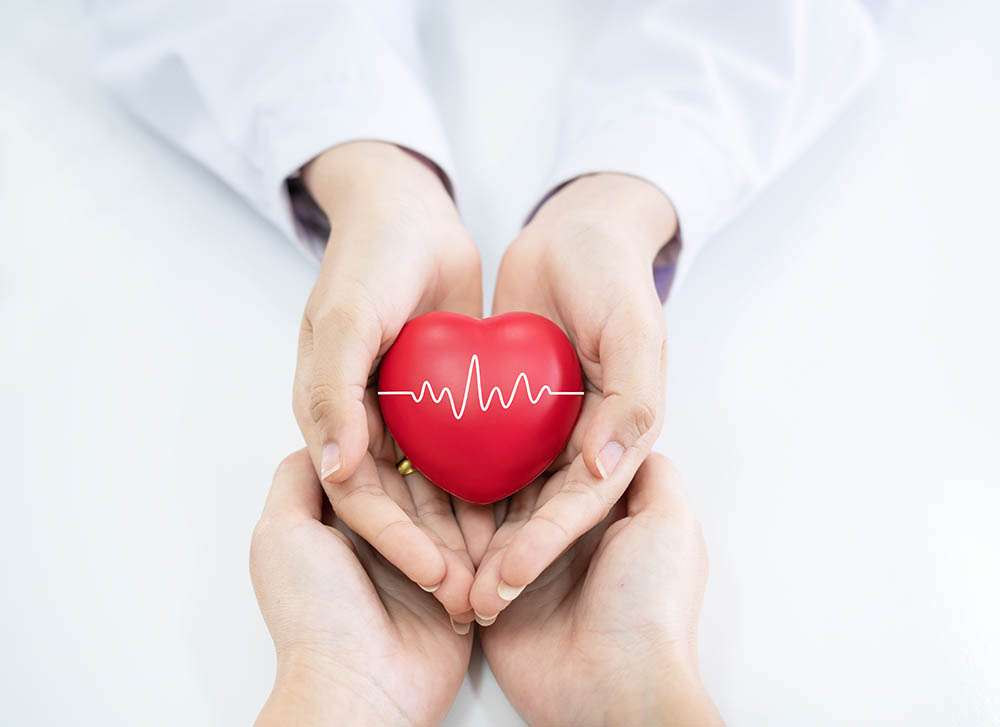Does poor sleep raise cholesterol?
May 13, 2024

Is there a link between cholesterol and sleep?
Poor quality sleep increases cholesterol production and thins out arteries making unhealthy cholesterol more dangerous. Poor sleep triggers stress in your body which releases ghrelin responsible for hunger and decreases leptin responsible for hunger suppression. This double-fold increase in appetite makes the body crave fatty and sweet food. No wonder you can’t control your appetite!
What is good cholesterol and bad cholesterol?
Now your health is closely connected with the balance of fats like cholesterol and triglycerides in your bloodstream. Cholesterol is naturally formed in the liver or from your diet. There are good cholesterol and bad cholesterol. Very low-density lipoproteins (VLDL) and low-density lipoproteins (LDL) are bad cholesterol because their lower density allows them to get stuck in artery walls, contributing to plaque buildup. High-density lipoproteins (HDL) are good cholesterol because they do not get stuck and help absorb bad oils in your arteries.If there is a higher level of VLDL and LDL, then it can increase the chances of developing cardiovascular disease. These plaques block the flow of blood towards your heart and brain, resulting in a heart attack or stroke.
How much LDL or VLDL should I have?
So the goal is to maintain the levels of LDL or VLDL at 100 mg/dl or less to prevent yourself from developing cardiovascular disease. However, the levels may vary according to every person’s health. While your HDL cholesterol levels should be above 40 mg/dL. HDL cholesterol lowers the risk of developing heart disease. The higher the levels, the lower your heart is at risk. If the levels are sixty mg/dL or above, then it is considered the level that protects your heart from cardiovascular diseases. Don’t panic if you have high HDL levels. It is good for your heart, as it protects you from cardiovascular disease. According to a statistical report by the Centers for Disease Control and Prevention, approximately 38% of American adults have high cholesterol levels that lead to cardiac arrest, which is one of the leading causes of death in the United States. So it is important to check your cholesterol levels because a higher level of bad cholesterol rarely shows any signs or symptoms until it is too late.
How does weight affect sleep?
Research shows that weight gain reduces sleep quality and reduced sleep quality causes weight gain. Weight loss is a central treatment for sleep improvement. In the United States, about 41.5% of adults are obese. Studies have suggested that if you have improper fat breakdown, it can affect your sleep patterns. Having higher levels of “bad” cholesterol can make you suffer from sleep problems like insomnia and sleep apnea. Conversely, if you have poor sleep quality, it can also disturb your lipid metabolism in the body. The higher the blood lipid levels, the greater your chance of developing cardiovascular diseases. So it’s not just your sleep that disturbs the fat breakdown in your body; higher fat levels can also affect your sleep. It is a two-way relationship that highlights that both lipid imbalances and sleep issues have a significant effect on each other and an overall effect on your health.
Does sleep affect my appetite?
Several studies have shown that poor sleep triggers stress hormones that make you hungry and intensifies cravings. Experts say that lack of sleep, poor dietary decisions, and obesity are all directly related to each other. There was a sleep survey conducted where researchers found that weight loss has an outsize positive impact on your mood and sleep but let’s be real, weight loss can be incredibly difficult with poor sleep. Prioritizing quality sleep with Everest Sleep Center can give you the energy and jump-start you need to make weight loss easy. Our Everest sleep and weight loss program will help you achieve your goals as fast as possible.
References:
Edwards, J. D. (2022, June 1). Dangers of Untreated Sleep Apnea: Memory, Cardiac, Diabetes, Quality of Life, Sleepiness, Depression, Automobile Accidents, and Death.
Walker, M. (2022, April 12). Why do we sleep? Yale University Press.
Researchers find sleep genes linked to heart failure. (2015, November 30). News Center.
Irwin, M. (2007). Sleep and inflammation: partners in sickness and in health. Journal of Psychiatric Research, 42(5), 427–433.
Knutson, K. L., & Van Cauter, E. (2008). There are associations between sleep loss and an increased risk of obesity and diabetes. Annals of the New York Academy of Sciences, 1129, 287–304.
Sleep and Weight: Is There a Connection? (2024, February 22). NCOA Adviser
The Hub. (n.d.). Sleep and weight loss. Johns Hopkins University.
Yale Daily News. (2015, September 29). A.m. Social media may affect the sleep and mood of college students. Yale Daily News Historical Archive.